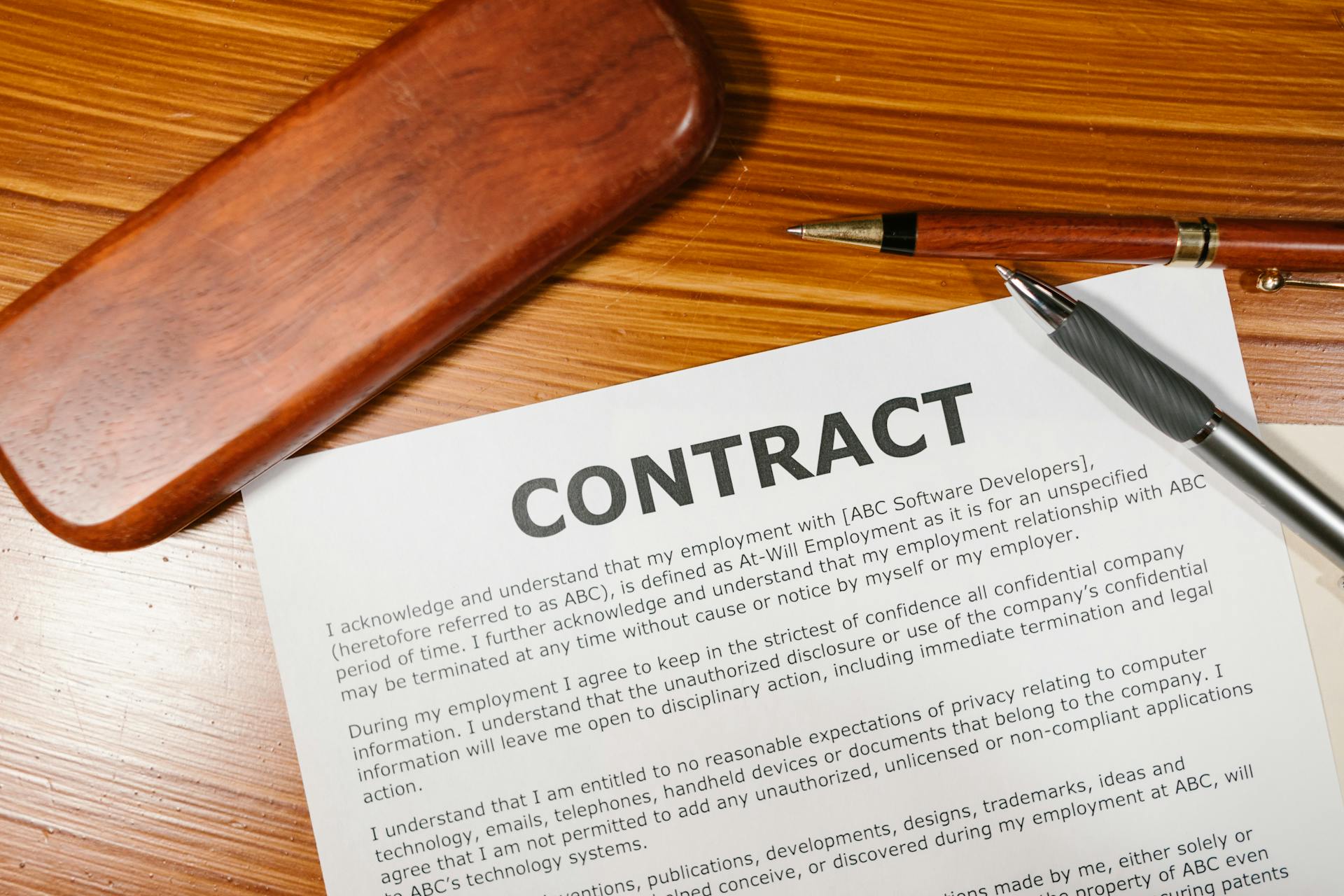Most people delay writing a Will, assuming it’s something to think about “later.” Yet life rarely goes exactly to plan. A Will is one of the simplest and most powerful legal documents you can create, and one that every adult should have, no matter your age, wealth, or family situation.

Without one, your loved ones could face lengthy delays, legal disputes, unexpected costs, and even unintended inheritance outcomes.
This article will walk through:
- What a Will is (and what it isn’t)
- The risks of dying intestate (without a Will)
- Key benefits of having a Will
- Who should have one (virtually all adults)
- What you need to think about when making a Will
- How MAR Legal supports clients
- FAQs
Whether you live in the UK (England & Wales) or are dealing with cross-border assets (UK, UAE, offshore), this guide will help explain why a Will should be on your “essential documents” list. In this guide, MAR Legal explains why a Will is essential, what happens if you don’t have one, how to create one, and the key decisions you’ll make along the way.
Wills and Probate – Need Help Today?
Contact us now for more information, or book a consultation to get started with Wills in the UK.
What Is a Will?
A Will (or Last Will and Testament) is a legal document that outlines how you want your estate to be managed and distributed after your death.
It allows you to:
- Decide who inherits your assets (property, savings, business interests, personal items).
- Name executors — the people or professionals responsible for carrying out your wishes.
- Appoint guardians for your children under 18.
- Leave specific gifts or charitable donations.
- Set up trusts to protect dependents or manage inheritance tax.
- Record your funeral wishes.
When you die, your Will ensures that your estate is dealt with efficiently and in accordance with your instructions — not according to government-set rules.
The Reality: Most UK Adults Don’t Have a Will
According to a 2023 survey by Canada Life, nearly 60% of UK adults do not have a valid Will in place. Among those aged 45 to 54, more than one in three have yet to create one — despite often having mortgages, dependents, and significant assets.
The most common reasons people give are:
- “I don’t have enough assets.”
- “It’s too early to think about it.”
- “My family will sort it out.”
Unfortunately, these assumptions can cause real problems later. The truth is that dying without a Will (intestate) leaves your estate subject to strict legal rules — and those rules rarely reflect your personal wishes.
What Happens If You Die Without a Will?
When someone dies without a valid Will, their estate is distributed according to the intestacy rules set out in the Administration of Estates Act 1925.
Here’s what that can mean in practice:
- Your spouse or civil partner may not inherit everything. They’ll only receive a statutory portion of your estate, and the rest could pass to children or other relatives.
- Unmarried partners receive nothing. Cohabiting partners have no automatic inheritance rights under UK law.
- Children under 18 could have their inheritance held in trust until adulthood — even if you wanted funds to support them earlier.
- Family disputes can easily arise between relatives who disagree on what you “would have wanted.”
- Probate may take longer and cost more. Without clear direction, estate administration becomes complex.
- Tax planning opportunities are lost. A well-drafted Will can legally minimise inheritance tax (IHT) through reliefs and exemptions.
In short: if you don’t decide, the law decides for you.
For more detail on intestacy rules, see the GOV.UK intestacy guidance.
Why Every Adult Should Have a Will
1. To Protect Your Loved Ones
A Will ensures the people you care about are provided for. You can leave financial gifts, property, or sentimental items directly to family or friends — and make sure your partner or children aren’t left vulnerable.
2. To Appoint Guardians for Children
Without a Will, the court decides who looks after your children if you die before they turn 18. A Will allows you to name guardians you trust, giving you control and sparing your children uncertainty.
3. To Simplify the Process for Your Family
Grieving families often face stress, confusion, and administrative delays when no Will exists. A clear Will reduces paperwork, avoids disputes, and allows assets to be distributed quickly.
4. To Protect Unmarried Partners
Unmarried or long-term partners have no automatic right to inherit — no matter how long you’ve lived together. A Will can ensure your partner inherits your home, savings, or possessions.
5. To Minimise Taxes and Costs
With proper legal advice, a Will can reduce your estate’s exposure to Inheritance Tax (IHT) and protect assets through trust structures or charitable giving.
6. To Control Who Manages Your Estate
If you don’t name executors, the court will appoint administrators. They may not be who you’d want managing your finances, property sales, or family discussions.
7. To Reflect Modern Family Situations
Blended families, stepchildren, or estranged relatives are not automatically recognised under intestacy laws. A Will ensures your intentions — not family hierarchy — guide the outcome.
8 Key Things to Include in Your Will
A comprehensive Will should address several key points:
1. Executors
Choose one or more executors — trusted individuals or professionals (like solicitors) who will manage your estate. You can appoint replacement executors in case your first choice cannot act.
2. Beneficiaries
List everyone who should inherit. This can include family, friends, or charities. Be specific — vague wording can lead to disputes.
3. Guardians for Children
Nominate guardians for any dependents under 18. Consider their age, location, and willingness to take on the role.
4. Specific Gifts and Legacies
You can leave specific items (e.g., jewellery, heirlooms) or amounts of money to individuals or causes.
5. The Residuary Estate
This is everything left after debts, taxes, and specific gifts. You can divide it in percentages (e.g., 50% to spouse, 25% to each child).
6. Funeral Wishes
You can state preferences (burial, cremation, location) to guide your family.
7. Digital Assets
Your online life — emails, photos, crypto wallets, cloud storage, or social media accounts — should be addressed in your Will or a digital assets letter.
8. Business Interests
If you own a business, your Will can clarify who takes over, ensuring continuity and preventing operational or ownership disputes.
Cross-Border or Expat Considerations
If you live or hold assets in multiple countries, you may need separate Wills to avoid legal conflicts.
For example:
- A UK national living in Dubai may need a DIFC Will for UAE-based assets and a UK Will for British property and bank accounts.
- Without a DIFC Will, Dubai assets may fall under Sharia inheritance laws, which distribute estates differently from UK norms.
You can learn more about this in our related article:
👉 https://marlegal.co.uk/power-of-attorney-in-the-uk-what-is-it-and-do-you-really-need-one/ and our service page on DIFC Wills and Estate Planning in Dubai.

“Expert legal services for an Wills and Probate in the UK.”
How to Make a Will in the UK
You can make a Will in several ways, but a solicitor-drafted Will is safest. Here’s how the process works:
- Initial consultation – discuss your assets, family, and wishes.
- Drafting – your solicitor prepares a draft, including key clauses for tax, trusts, and executors.
- Review and amendments – you review and confirm details.
- Signing and witnessing – in the presence of two independent witnesses.
- Storage and copies – the original is stored securely, and copies are given to you or your executors.
Mistakes such as using beneficiaries as witnesses, vague language, or missing signatures can invalidate a Will — making professional guidance essential.
How Often Should You Update Your Will?
Review your Will every 3–5 years, or sooner if your circumstances change. You should update your Will if:
- You marry, divorce, or remarry (marriage automatically revokes most Wills).
- You buy or sell property.
- You have children or grandchildren.
- Your financial situation changes significantly.
- You move abroad or acquire assets in another country.
- Someone named in your Will dies.
At MAR Legal, we remind clients to review their Wills periodically and provide simple, low-cost amendments where appropriate.
Why Professional Advice Matters
DIY or online templates may look simple, but errors are common — and can invalidate your Will or cause family disputes later.
Professional solicitors ensure:
- Your Will is legally valid and properly witnessed.
- Complex family arrangements (stepchildren, second marriages) are handled correctly.
- Tax planning is optimised.
- Wording is precise and enforceable.
- Cross-border assets are structured to avoid double taxation or conflict of laws.
MAR Legal offers clear, affordable, and compassionate Will-writing services — for both UK residents and expatriates in Dubai and beyond.
Useful Resources and References for Wills
- GOV.UK – Wills, Probate and Inheritance
- Citizens Advice – Wills
- Age UK – Writing a Will
- Alzheimer’s Society – Mental Capacity and Planning Ahead
✉️ Contact us today to start your Will:
📞 +44 (0)161 491 3933
📧 info@marlegal.co.uk
or visit our Contact Page.
How MAR Legal Helps with Wills
How MAR Legal Can Help
- At MAR Legal, we make Will-writing approachable, affordable, and tailored to your circumstances.We can help you:
- Safely store and update your Will.
- Appoint executors and guardians.
- Create mirror Wills for couples.
- Set up trusts and plan for inheritance tax.
- Manage UK–UAE dual Wills to protect cross-border estates.
- Draft or review a valid Will.